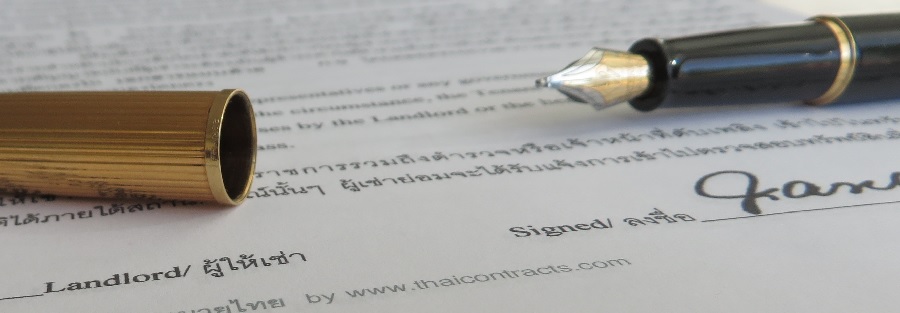CHAPTER III
EARNEST AND STIPULATED PENALTY
Section 377. If, on entering into a contract, something is given as earnest, this is deemed to be proof of the conclusion of the contract. I also serves as a security that the contract shall be performed.
Section 378. In the absence of agreement to the contrary, earnest is:
- To be returned or treated as part-payment upon performance
- To be forfeited, if the party giving it fails to perform, or if the performance becomes impossible in consequence of the circumstance for which he is responsible or if the rescission of the contract is due to his fault.
- To be returned, if the party receiving it fails to perform, or, if the performance becomes impossible in consequence of a circumstance for which he is responsible.
Section 379. If the debtor promises the creditor the payment of a sum of money as penalty in case he does not perform it in the proper manner, the penalty is forfeited if he is in default. If the performance due consist in a forbearance, the penalty is forfeited as soon as any act in contravention of the obligation is committed.
Section 380. If the debtor has promised the penalty for the case of his not performing his obligation, his creditor may demand the forfeited penalty in lieu of performance. If the creditor declares to the debtor that he demands the penalty, the claim for performance is barred.
If the creditor has a claim for compensation for non-performance, he may demand the forfeited penalty as the minimum amount of the damage. Proof of further damage is admissible.
Section 381. If the debtor has promised the penalty for the case of his not performing the obligation in the proper manner, such as, not at the fixed time, the creditor may demand the forfeited penalty in addition to the performance.
If the creditor has a claim for compensation on account of improper performance, the Section 380 paragraph 2 apply.
If the creditor accepts the performance he may demand the penalty only if on acceptance he reserves the right to do so.
Section 382. If another performance than the payment of a sum of money is promised as penalty, the provisions of Sections 379 to 381 apply; the claim for compensation is barred if the creditor demands the penalty.
Section 383. If a forfeited penalty is disproportionately high, it may be reduced to a reasonable amount by the Court. In determination of reasonableness every legitimate interest of the creditor, not merely his property interest, shall be taken into consideration. After payment of the penalty the claim for reduction is barred.
The same rule applies also, apart from the cases provided for by Sections 379 and 382, if a person promises a penalty for the case of his doing or forbearing to do some act.
Section 384. If the promises performance is invalid, an agreement made for a penalty for non-performance of the promise is also invalid, even if the parties knew of the invalidity of the promise.
Section 385. If the debtor contests the forfeiture of the penalty on the ground of having performed his obligation, he must prove the performance, unless the performance due from him consisted in a forbearance.
| Prev | Next |

